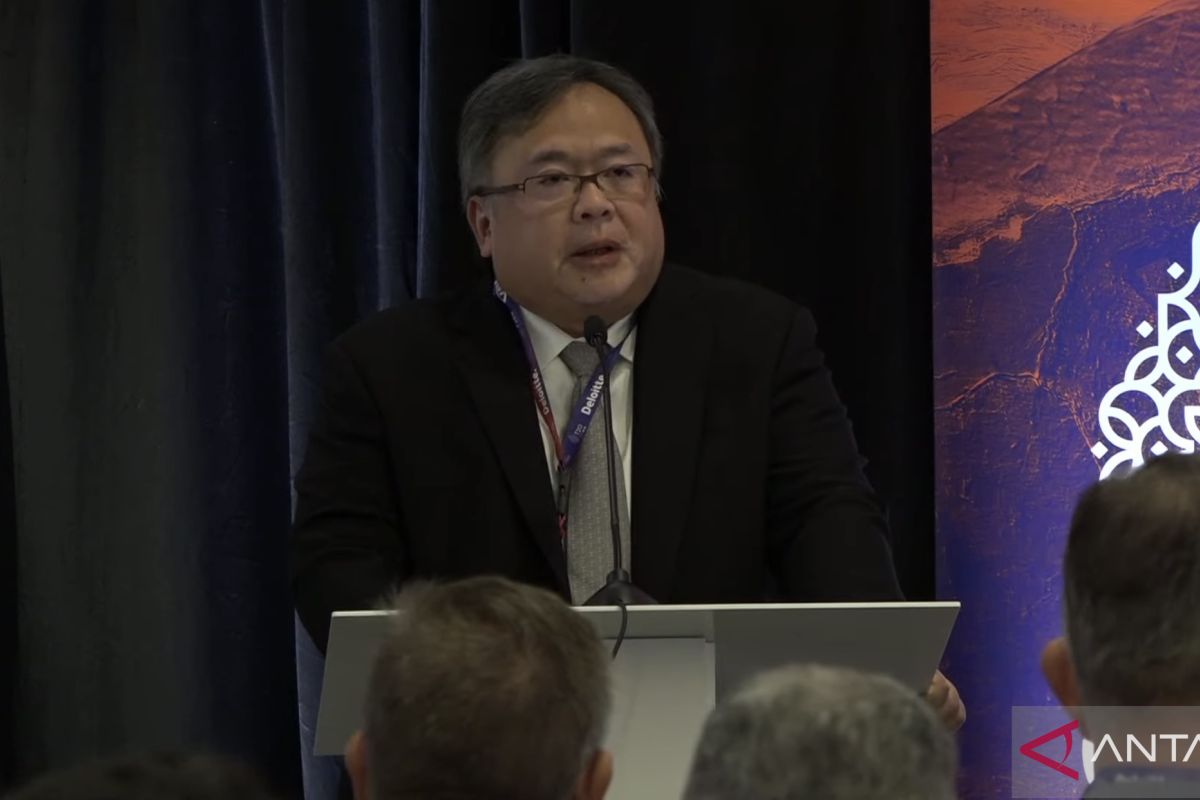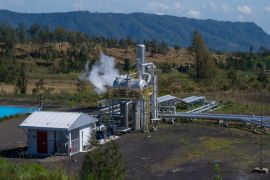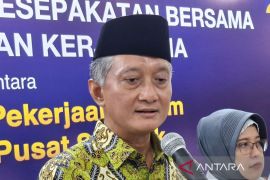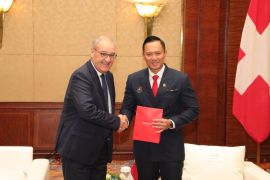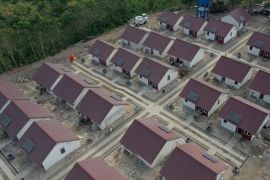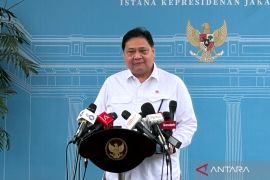This public-private partnership plays a role in financing infrastructure development, he noted during the T20 Special Event: Sustainable Infrastructure Investment and Financing (SIIF) here, Tuesday.
T20 is a cooperation forum for think tanks and researchers across G20 member countries.
Group 20, or G20, is a multilateral cooperation group that comprises 19 countries and the European Union (EU). The G20 Summit will be held in Bali in November.
Sustainable infrastructure should be developed, as it will become a catalyst to realize recovery that can only be implemented with a coherent and inclusive multilateralism approach and international cooperation.
Bigger investment is required by developing countries with low and middle-to-low income since their infrastructure problem is more complex, including water availability and sanitation, energy, electricity, and transportation.
Moreover, sustainable development is a hard-to-realize priority agenda due to limitation in fiscal capacity that necessitates creative and innovative funding, especially for poor and developing countries.
To this end, public-private partnership (PPP) becomes the answer to expand sustainable infrastructure development.
This PPP scheme offers benefits not just in terms of efficiency for the government but also the private sector's knowledge and experience within the project.
However, the government should provide accurate incentives. These incentives are given, whether to the public and private sector, to encourage them to cooperate or invest in sustainable infrastructure development, Brodjonegoro stated.
Sustainable investment should continue to grow to reduce and mitigate environmental destruction and economic loss caused by climate change, he remarked.
The principle of Environmental, Social, and Corporate Governance (ESG) should be implemented, as it is the core of sustainable investment, he noted.
ESG represents various activities, such as support to the green economy, encouragement of low-carbon emission activities, and the development of infrastructure with zero emission, he stated.
This sustainable investment or finance will produce resilient and adaptive infrastructure to have a transformative impact on the people's quality of life, he emphasized.
Related news: G20 must discuss energy transition in developing nations: T20
Related news: Green pharmacy to strengthen global health architecture: T20
Related news: T20 urges G20 leaders to pursue inclusive economic recovery
Translator: Astrid F H, Fadhli Ruhman
Editor: Sri Haryati
Copyright © ANTARA 2022
